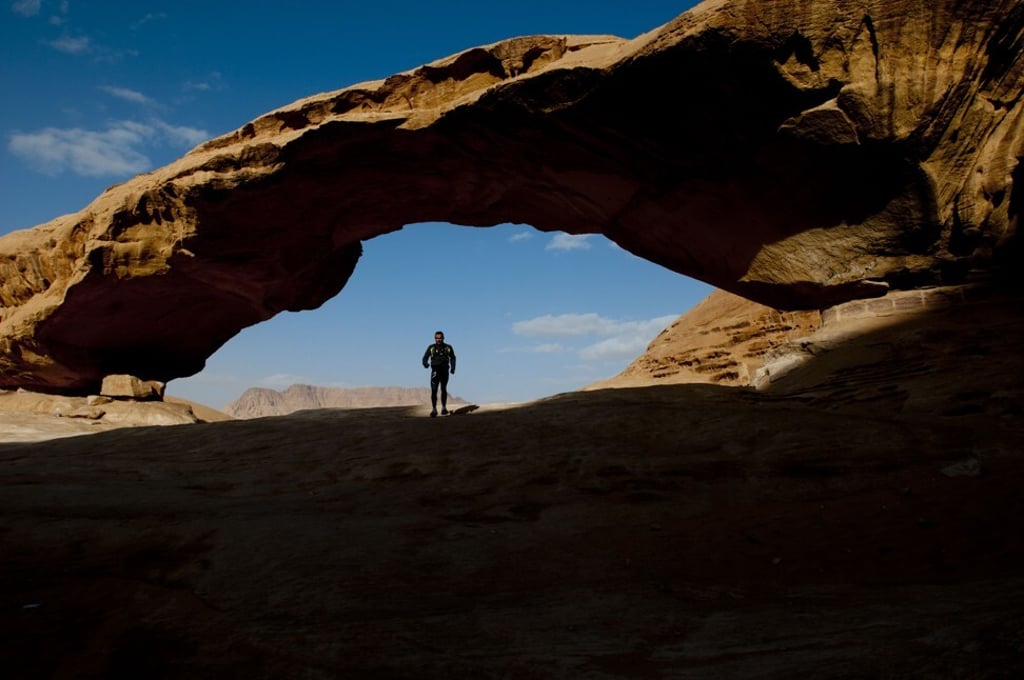Meaningful travel, or how to holiday with a purpose and return home with more than just smartphone snaps
- One silver lining to the Covid-19 pandemic could be that travellers give more thought to how, why and where we go
- But seeking fulfilment from a destination requires more than turning up; self-reflection is necessary, too

Once people begin travelling again for pleasure, following the coronavirus lockdowns, there is likely to be a stronger emphasis on “meaningful travel”, we’re told, with people being more grateful for the privilege and perhaps more mindful of the impact their wandering has on environments and communities.
With travel costs likely to rise to cover Covid-19-era protocols, Hongkongers may start to cut out long-weekend breaks to Phuket or Cebu and instead invest their money and carbon footprint in fewer, more substantial trips full of purpose and meaning.
But what is meant by “purpose”? Where do you find “meaning”? Unfortunately, the terms have become buzzwords and the concept of meaningful travel has been poorly articulated.
Even if we embark on journeys that have the potential to transform us, often, rather than pursuing our values, overcoming our fears or deepening our relationships, we find ourselves in front of a landscape that ceases to be “breathtaking” within a few minutes. We take quick snaps of monuments whose meaning we’ll – perhaps – figure out on the flight home. Such travel fails to live up to its promise.
